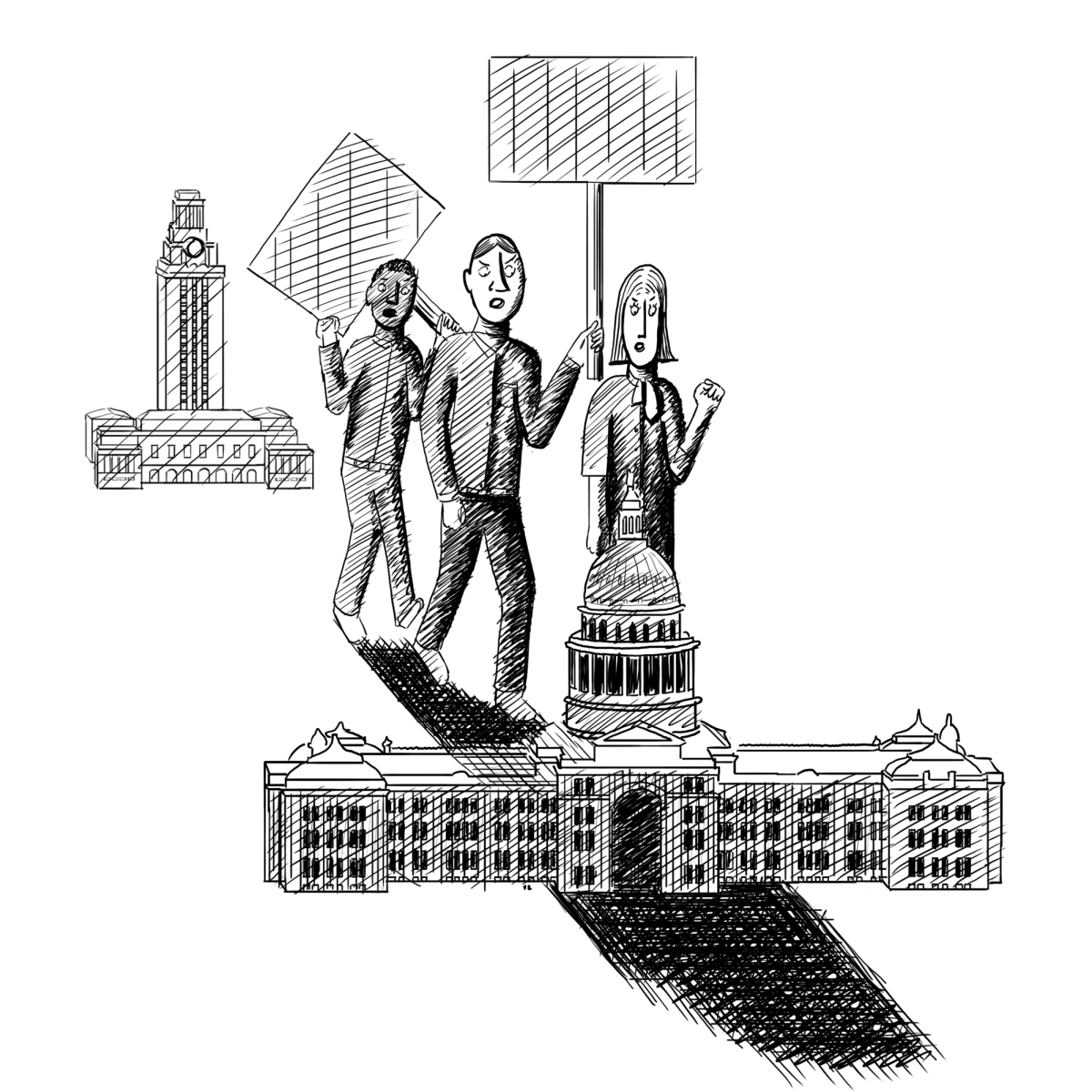Mexican-American history in Texas and the U.S. directly impacted the current situation facing Mexican immigrants, said anthropology professor Martha Menchaca on Wednesday.
In a recently published book, Menchaca said she outlines the struggles Mexican immigrants faced in becoming citizens during the late 1800s and the struggles they continue to face. Menchaca said she decided to examine how Mexicans approached the issue of naturalization throughout U.S. history and focused especially on Texas because of the prevalence of illegal immigration issues in the state.
“Over time, the way people view Mexican immigration goes through cycles, which is often related to the economic prosperity or uncertainty of that time,” Menchaca said.
She said the economic uncertainty in the late 1800s fueled a stronger sense of anti-Latino sentiment, and a political movement called the People’s Party began taking measures to prevent Mexicans from voting in elections. The party’s efforts repealed a previous bill which allowed non-U.S. citizens to vote, provided they could show evidence of having started the naturalization process.
“The interesting thing is that Germans [who were not U.S. citizens in Texas] were still allowed to vote, but Mexicans were not,” Menchaca said.
The children of illegal immigrants are currently considered citizens if they were born in the U.S., regardless of their parents’ citizenship status. In states such as Alabama, however, new laws are preventing immigrants from getting basic services such as education, said sociology professor Nestor Rodriguez.
“A lot of these changes happen when we are asleep, and it shows how fast everything is changing,” Rodriguez said.
Juliet Hooker, associate professor of African diaspora studies and associate director of the Teresa Lozano Long Institute of Latin American Studies, said she invited the students in her undergraduate studies class — race, nation and empire — to attend the event.
“The class is about the way ideas of race lead to national movements, and I hope this will give them a historical context of the long history of the debate surrounding Mexican-Americans and immigration,” Hooker said.
The historical perspective provided a way to compare the issue and its controversies to the current situation of Mexican immigrants, said Nathan Elling, an electrical engineering freshman who is in Hooker’s class.
“[The event] helps me to understand and justify modern trends because it paralleled history and accurately compared the two,” Elling said.
Printed on Thursday, November 10, 2011 as: Professor links struggles to history of immigration



















